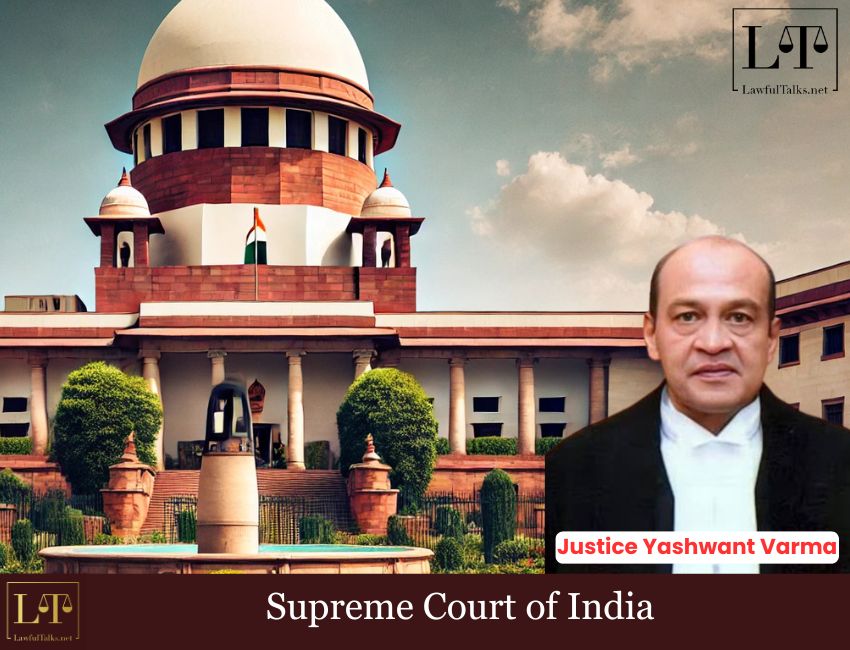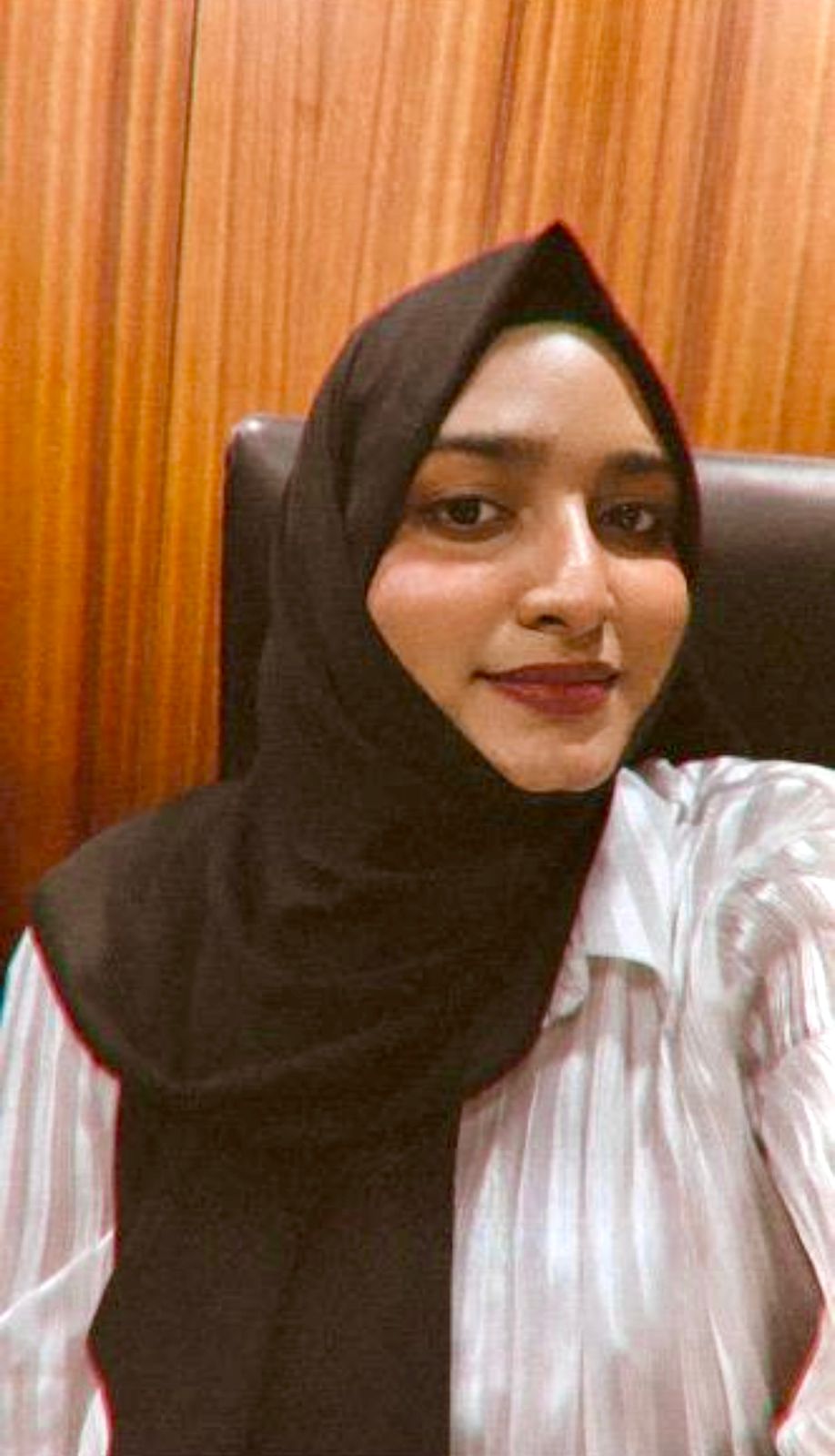Allahabad HC Sets Aside Afzal Ansari's Conviction, Allows Him to Continue as MP

The controversial Justice Yashwant Varma case that was slated for hearing on July 28, came before the Supreme Court bench of Dipankar Datta and Justice AG Masih as scheduled. In a latest on the case, the court has questioned the Judge on the legitimacy of contesting an in-house inquiry that he had participated in.

The court was particularly determined to know why he waited for the committee to deliver its report if he believed the committee was without the authority to investigate.
Calling to memory, Justice Varma's petition had challenged the findings of the inquiry report that had implicated him in a scandal concerning misuse of public funds.
His counsel, Kapil Sibal, argued against the fairness of the process, claiming that public discussion and media exposure prior to the inquiry violated their constitutional rights.
Stressing the political nature of the impeachment procedure, Sibal had stated, “All that has happened is completely contrary to the Constitution,” emphasizing how the release of findings and media discourse had overwhelmed the integrity of the inquiry.
Justice Datta countered Sibal’s arguments by indicating that even the impeachment process is inherently political. He pointed out that Varma's participation in the inquiry limited his ability to question its outcomes later, asking, “You are a constitutional authority, you can't say I don’t know.”
Sibal defended his actions by stating he had raised these concerns during the committee sessions.
The discussion further escalated as Sibal critiqued the Chief Justice of India(CJI) for recommending Justice Varma’s removal to the President and the Prime Minister. He asserted that the CJI has overstepped his authority by such a recommendation of removal of a judge, going by the in-house procedure.
Specifically, he highlighted that impeachment motions should fall under the purview of the legislatures rather than the government.
Justice Datta however differed with the argument and reaffirmed the role of the President as an appointing authority as per the advice of the Council of Ministers in processing such administrative matters based on the advice of the Prime Minister.
Despite vehement arguments, Sibal insisted that no misconduct had been adequately proven against Justice Varma, rhetorically questioning, “If cash has been found in the outhouse, where is the misbehavior qua the judge?”
This point marked a critical juncture in the hearing, as Justice Datta underscored the need for protocol adherence within the inquiry.
In a strikingly candid admission, Sibal reflected on the public perception affecting Varma, stating, “In the meanwhile, I have been convicted by the public, the video was released.”
Justice Datta questioned the counsel on this stating, “ did you come to the court to request that the video be removed? Why did you wait for the inquiry to be completed and the report be released? Why did you not challenge when committee was appointed? Why did you wait? Judges have abstained from attending these proceedings in the past. You could have approached us earlier as well’’.
It may be recalled that the Members of Parliament from both houses had already begun circulating drafts for impeachment proceedings against Justice Varma based on the inquiry's conclusions.
Eventually, the court adjourned the hearings until Wednesday, requesting that Sibal formally record the committee's findings.
Case Details :XXX v THE UNION OF INDIA AND ORS|W.P.(C) No. 699/2025
Leave a Comment

Anam Sayyed
4th Year, Law Student
Latest Posts
Categories
- International News 19 Posts
- Supreme Court 327 Posts
- High Courts 340 Posts









































































































































































































































































































































































































































































































































































































































































































